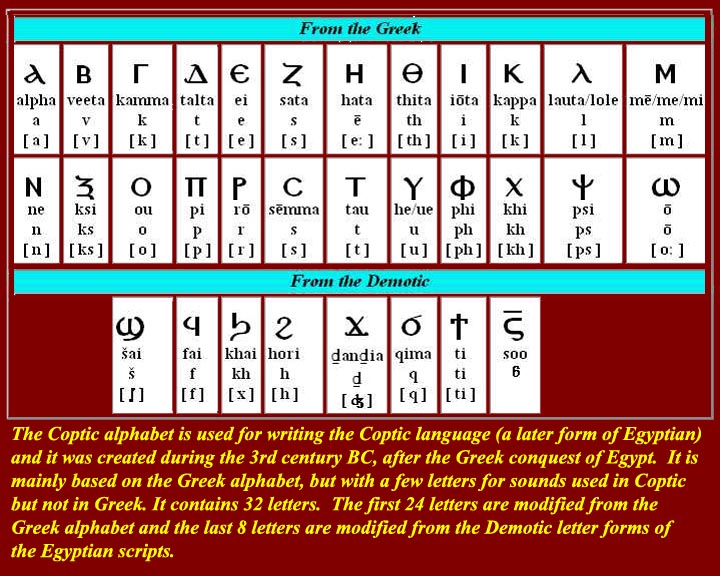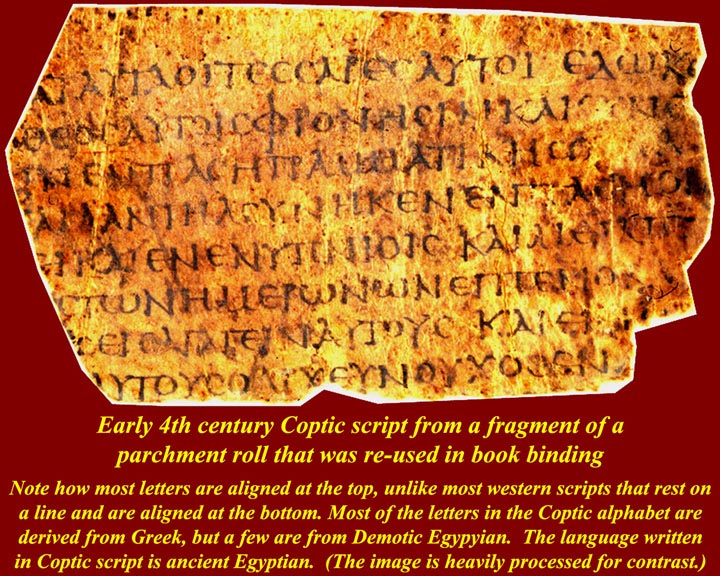
 |
Freethought & Rationalism ArchiveThe archives are read only. |
|
|||||||
|
|
Thread Tools | Search this Thread |
|
|
#411 | |
|
Veteran Member
Join Date: Jul 2008
Location: Location: eastern North America
Posts: 1,468
|
Quote:
B. I don't think you are completely ignorant. I think that you have erred, in claiming that I have failed to examine the evidence properly, implying contrarily, that you have examined it carefully... c. Though Professor Gardner is obviously WAY ahead of all of us, on this forum, and while he is certainly entitled to his opinion, and while we ALL eagerly hope to learn his opinion on this matter, nevertheless, his opinion, is just that. One person's idea. That does not mean that Professor Gardner's opinion is equal in value to mine, or yours, or Toto's, or anyone else's. I am certain that his opinion is FAR more significant and bears much more weight, than my flighty notions, however, we are still dealing within the realm of OPINIONS, not facts. We look forward to your reply from him. avi |
|
|
|
|
|
#412 | |
|
Contributor
Join Date: Jun 2000
Location: Los Angeles area
Posts: 40,549
|
Quote:
But you know that Coptic is written using the Greek alphabet and has Greek loan words? |
|
|
|
|
|
#413 |
|
Veteran Member
Join Date: Jun 2010
Location: seattle, wa
Posts: 9,337
|

|
|
|
|
|
#414 |
|
Veteran Member
Join Date: Jun 2010
Location: seattle, wa
Posts: 9,337
|

|
|
|
|
|
#415 | |||
|
Contributor
Join Date: Jun 2000
Location: Los Angeles area
Posts: 40,549
|
I guess this is where avi claims that the Coptic fragments contain Greek:
Quote:
Quote:
|
|||
|
|
|
|
#416 | |
|
Veteran Member
Join Date: Jun 2010
Location: seattle, wa
Posts: 9,337
|
I didn't notice that avi's post was made in the form of an email to Gardner (I sort of skim through all of these). I feel so embarrassed. I am surprised that he is still responding to my emails. I think I am going to stop bothering him now.
Avi, you know there's nothing wrong with asking him questions but now I look like kook for associating with people who ask some of these questions like: Quote:
Anyway, now that I am sufficiently embarrassed I don't know if I can ask him whether these words appear in Coptic. But I suspect they do. Toto's point is very instructive. I know for certain that agpeya is the Coptic spelling of the Greek ἀγάπη. Here is how it would look in Coptic:  I am also certain that sophia is a word in Coptic. Just finding what it looks like in Coptic script |
|
|
|
|
|
#417 |
|
Contributor
Join Date: Jun 2000
Location: Los Angeles area
Posts: 40,549
|
Coptic in 20 Lessons appears to be the best free source on the web. Search in there for wisdom - sophia in Coptic looks like сοφια
I wouldn't worry about your reputation with Gardner. Lots of academics have a high tolerance for offbeat characters. |
|
|
|
|
#418 | ||
|
Veteran Member
Join Date: Jul 2008
Location: Location: eastern North America
Posts: 1,468
|
Quote:
A. I didn't "assume" anything. REad the article. The text, i.e. those two words are in GREEK, not Coptic. B. Both Stephen, and you, and Professor Gardner, all three of you, now, have emphasized the notion that the words are the same in Coptic and Greek. REALLY? That is a linguistic improbability, of course. Coptic is as far away from Syriac as Latin is from Russian. Coptic is as far removed from Greek, as Latin is from Chinese. So, when is the last time you saw a Chinese word borrowed in place of an English word, on a topic as ordinary as "love", or "wisdom"? I assume you do comprehend, that when you state "borrow", or "same in Coptic as in Greek", you imply, without explicitly writing so, that Coptic LACKS those two words. Here's the illustration I gave to Professor Gardner: In Mandarin, one writes (in either PinYin or HanZi) QiaoKeLi, to represent, the European word: chocolait, i.e. chocolate That is an illustration of "borrowing" a word. There existed no such concept of chocolate, in Mandarin, therefore, the European words (cocoa bean and milk) are represented phonetically, in an incorrect usage of HanZi, (which are ideograms, not phonetic symbols.) So, I inquire again, are all three of you so certain, that Coptic lacks these two words, "wisdom" and "love", because, in my ignorance, I DOUBT THIS VERY MUCH. I admit knowing not even one Coptic word, yet, I am very certain, that those two vocabulary items exist, in almost every language, including Coptic. What about "conduct" of "rightousness", both words appearing, NOT as Coptic, but GREEK (page 96,97). Hmmm. Seems that the latter word has some theological significance in Judaism/Christianity/Islam. What about Zoroastrianism, Gnosticism, and Buddhism? (the three elements of Manichaeism) Quote:
What is FAR MORE REASONABLE, in my opinion, is to acknowledge the likelihood that the document, currently in fragments, which Professor Gardner is studying, was ORIGINALLY, (in harmony with Pete's suggestion in the OP) written in Greek, and then translated into Coptic, by someone intimately familiar with Greek, and perhaps a bit less fluent in Coptic, or, someone who feared that writing Coptic words, representing certain topics, could be viewed as non-Christian. When I lived abroad, I would start mumbling, in my usual incoherent fashion, until (after three or perhaps, on a good day, four words,) I appeared to be suffering a petit mal seizure, as I desperately groped about in vain seeking to remember the vocabulary, until finally, sensing that my companion was about to drift off into slumber, I used ENGLISH, instead. C. Please remember, Toto, this thread is about Mani. Then, WHY is ANY word written in Greek? Even if someone had been ashamed of the Egyptian (heathen/pagan) vocabulary, why insert Greek words into correspondence originally written in Syriac, if the audience sought a Coptic translation? Why not employ, instead, say, Hebrew, or Persian, or even Latin? Had the translator earnestly sought to reflect Mani's inspirations, then the best language to have used for those two words would have been Sanskrit, for it is the ideology of Buddhism, which is closest to Mani's thinking, (as confirmed by reflection on how he organized his congregation.) avi |
||
|
|
|
|
#419 | ||
|
Veteran Member
Join Date: Jun 2010
Location: seattle, wa
Posts: 9,337
|
Quote:
In the same Wikipedia article it says that upto 20% of the words in Coptic come from Greek and there is this quote: Quote:
I can't go on without getting personal so I will stop here. |
||
|
|
|
|
#420 | |
|
Contributor
Join Date: Jun 2000
Location: Los Angeles area
Posts: 40,549
|
avi - please check out the link above. Alexander the Great conquered Egypt in 332 BCE and imposed a Greek speaking government on Egypt. Greek continued to be the language of administration under the Roman Empire, until the 7th century. Coptic absorbed numerous loan words from Greek.
Your personal incredulity is not a basis for refusing to admit to what is common knowledge. ETA: As you yourself quote from wikipedia Quote:
|
|
|
|
| Thread Tools | Search this Thread |
|